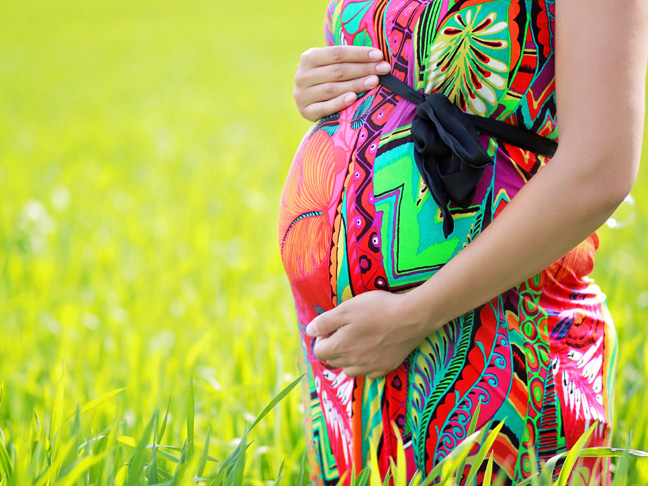Researchers discovered that children with Autism Spectrum Disorder were more likely to have mothers who lived close to fields treated with certain pesticides during the time they were pregnant. The children included 486 with ASD, 168 who had developmental delays, and 316 with typical development.
“Ours is the third study to specifically link autism spectrum disorders to pesticide exposure, whereas more papers have demonstrated links with developmental delays,” says Janie F. Shelton, the study’s lead author.
For some pesticides, exposure seems to be more important just prior to conception and during the third trimester, but for others it doesn’t seem to matter when during the pregnancy the women were exposed. For this study, about one-third of the mothers lived within a mile of fields treated with pesticides, most commonly organophosphates. The children of women exposed to organophosphates were 60 percent more likely to have ASD than the children of non-exposed mothers.
Pesticide registries like the one in California and another in New York are rare, but critical to public health efforts; experts urge parents to advocate for similar registries in their own states. And we are reminded that parents can take some control over what comes into their own home and gardens. Chemical pesticides should be avoided, particularly in the months prior to and during pregnancy.








